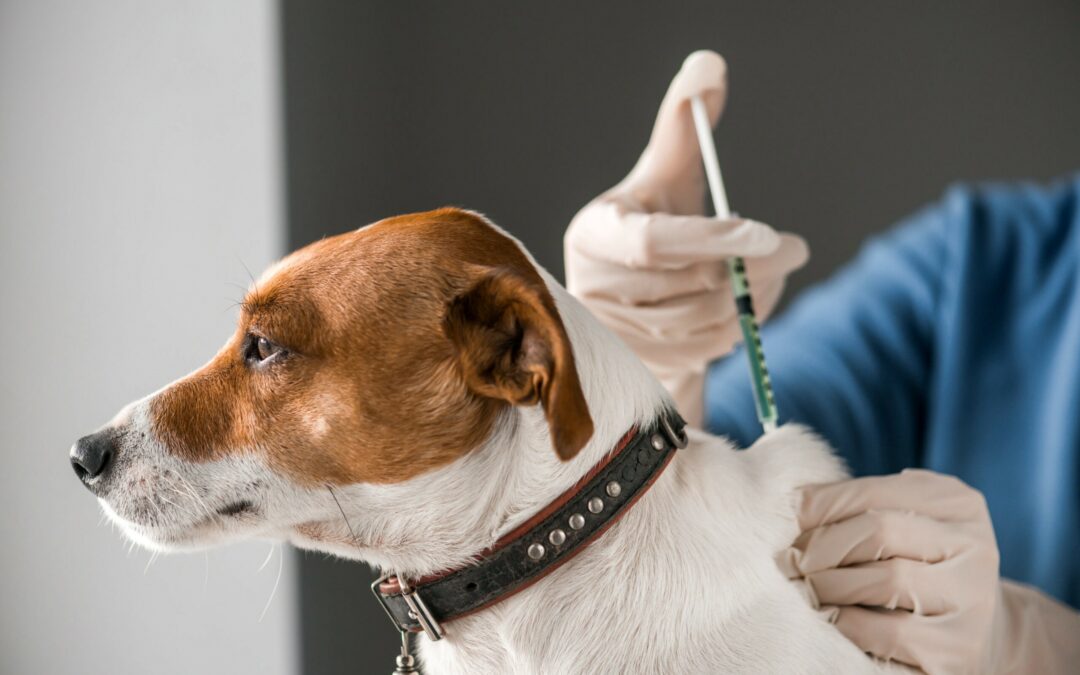General Signs of Pain or Illness (Both Dogs and Cats)
- Changes in Appetite or Thirst:
- Decreased Appetite: Could indicate illness, dental pain, or gastrointestinal issues.
- Increased Thirst: May be a sign of kidney disease, diabetes, or other health issues.
- Lethargy or Fatigue:
- Your pet may sleep more or lack interest in activities they usually enjoy, like playing or going for walks.
- Vocalization:
- Excessive Whining, Yelping, or Meowing: Unusual sounds or increased vocalization may indicate discomfort or distress.
- Limping or Difficulty Moving:
- Limping, stiffness, reluctance to jump, or difficulty climbing stairs can point to joint pain, arthritis, or injury.
- Changes in Breathing:
- Heavy Panting or Rapid Breathing: These can be signs of pain, anxiety, or respiratory issues.
- Coughing or Wheezing: Could indicate respiratory problems or heart disease.
- Hiding or Seeking Comfort:
- Pets in pain may hide, avoid interaction, or, conversely, seek constant attention and comfort.
- Restlessness:
- If your pet can’t seem to get comfortable or keeps shifting positions, it may be a sign of internal discomfort.
- Changes in Grooming:
- Cats: Overgrooming or under-grooming can be signs of pain, injury, or skin issues.
- Dogs: Excessive licking or chewing at a specific spot may indicate pain or irritation in that area.
- Vomiting or Diarrhea:
- Frequent vomiting or diarrhea may point to gastrointestinal issues, infections, or food intolerances.
- Swelling or Lumps:
- Any unexplained swelling, lumps, or sores should be checked by a vet as they could indicate infections, tumors, or abscesses.
- Changes in Behavior:
- Aggression or Irritability: Pets in pain may become irritable or aggressive when touched or handled.
- Withdrawal: A usually social pet becoming withdrawn or uninterested in their environment can be a sign of illness.
Specific Signs for Dogs:
- Pacing or Restlessness: Dogs in pain may pace around, unable to get comfortable.
- Trembling or Shaking: These could indicate pain, fever, or anxiety.
- Tail Position: A drooping or tucked tail, especially if it’s unusual for your dog, can be a sign of discomfort or illness.
Specific Signs for Cats:
- Hiding or Solitude: Cats often hide when they’re in pain or feeling unwell.
- Unusual Posture: A cat may hunch its back or curl up tightly when in pain.
- Changes in Litter Box Habits: Urinating outside the litter box, straining to urinate, or showing signs of constipation may indicate pain, urinary tract issues, or illness.
When to See a Vet:
- If you notice any of the above signs lasting more than 24 hours.
- If your pet shows signs of severe distress, breathing problems, or unexplained swelling, seek emergency care immediately.
It’s always better to consult with your vet if you’re unsure, as they can assess the situation and run tests if needed.

